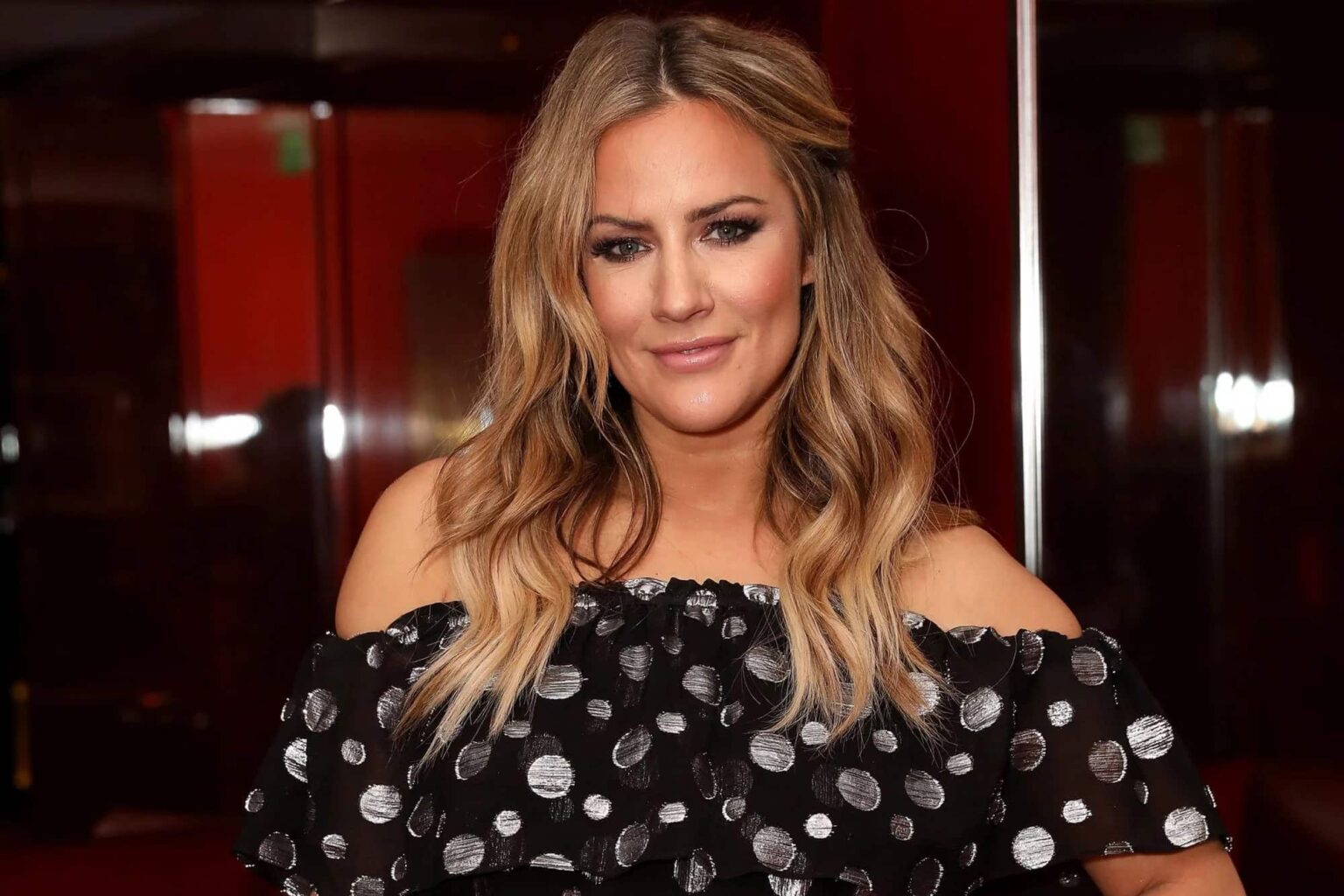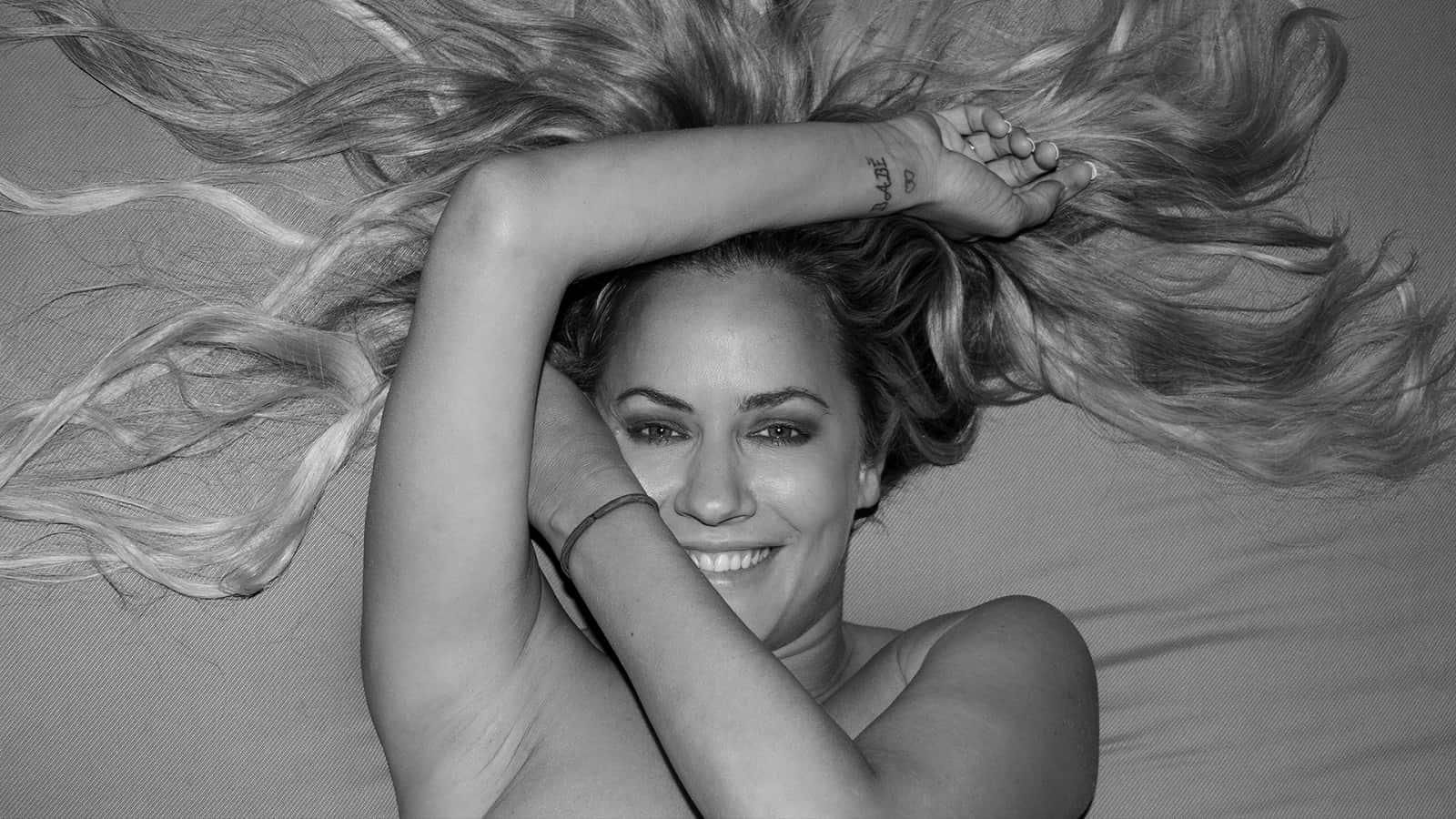
Caroline Flack: Uncover the truth in the ‘Love Island’ host’s doc
Caroline Flack took her own life a little over a year ago, on February 15th, 2020. Her suicide marked the end of two particularly tumultuous months in the life of the Love Island host, and also the end of a much longer love/hate relationship with social media.
Now we have Caroline Flack: Her Life and Death, a documentary originally conceived as a very different project when its subject was still alive. Filmmakers Charlie Russell & Dov Freedman wanted to focus on the media storm following Flack after her arrest for allegedly assaulting her boyfriend – the incident that cost the actress her job hosting Love Island.
Despite everything going on in her life, Caroline Flack was on board with Russell & Freedman’s project. The team describes her as being charming & enthusiastic about the idea. Then Flack’s suicide changed everything. Russell & Freedman’s movie is now more of an obituary/eulogy than an examination of social media’s toxicity. Still, there’s enough material in Caroline Flack’s tragedy for the doc to remain interesting.

Symbiotic parallel
An inescapable fact when looking back at Caroline Flack’s life is how her rise to fame coincided with the rise of social media as a force to be reckoned. Even before Flack landed the job hosting Love Island, she was obsessed with how she was perceived online, and what social media had to say about her would affect her deeply.
Caroline Flack: Her Life and Death features interviews with friends of the Love Island host who attest to how social media seems perfectly designed to harm someone with Flack’s vulnerabilities. Olly Murs, her co-host during her time in The Xtra Factor & The X Factor, also points out how social media was much harsher on Flack than on him – even though they were both hated online.
TV presenter Dermor O’Leary (whom Caroline Flack & Olly Murs replaced on The X Factor) describes Flack’s relationship with social media as a “weird cat and mouse game”. According to O’Leary, Caroline Flack hated social media but also couldn’t live without it. Flack’s mother and her agent also chime in about how worried they were about the negative effect online hate had on the Love Island host.

Falling from grace
What tipped the balance when it came to Caroline Flack’s mental health and social media was the December 2019 scandal regarding her boyfriend, Lewis Burton. On December 13th, Flack was arrested for allegedly assaulting Burton, who’d called the police accusing her of trying to kill him. Even though Burton withdrew support from the prosecution later, a court date was set for March 4th, 2020.
Caroline Flack wouldn’t make it to her trial date. The two months that followed her arrest were particularly brutal – and not just on social media. Tabloids had a ball with the scandal as well. Not even a tearful online video where Flack attempted to defend herself made a difference: “It was a fight. I’ve never hurt anybody. The only person I’ve ever hurt was myself.”
That statement didn’t surprise anyone who actually knew the Love Island host. Russell & Freedman’s documentary reveals how, despite presenting a confident persona to the outside world, Caroline Flack was in a state of constant emotional upheaval. In the movie, Flack’s family describes her constant cycle of tremendous highs and crushing lows – and how it would lead to self-harm, pills, and hospital stays.

Too much
Shortly after the Lewis Burton incident, on December 17th, 2019, Caroline Flack stepped down from hosting Love Island. She claimed she didn’t want to “detract attention from the upcoming series.” Flack then drove to see her parents & sister on Christmas, a holiday surprise her mother calls “lovely” and “the best thing” in the documentary.
A month and a half later, Caroline Flack committed suicide. Her death sparked outrage regarding social media & tabloids, and the responsibility they may have when it comes to this type of situation. It’s a complex discussion that isn’t explored in Caroline Flack: Her Life and Death. The filmmakers are more interested in narrowing the focus to the very personal angle of Flack’s tragic demise.
That doesn’t mean the rest of us can’t connect the dots, if there are dots we deem connectable. And the conversation about the effect of social media & tabloid coverage can continue to move forward. Isn’t that part of what the whole Meghan Markle controversy is about?



